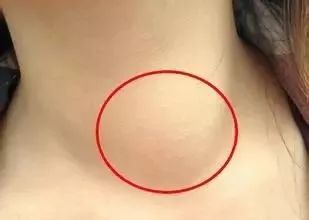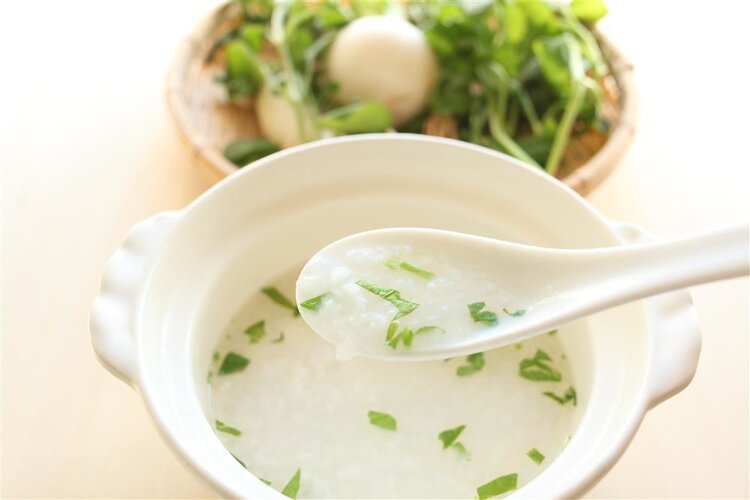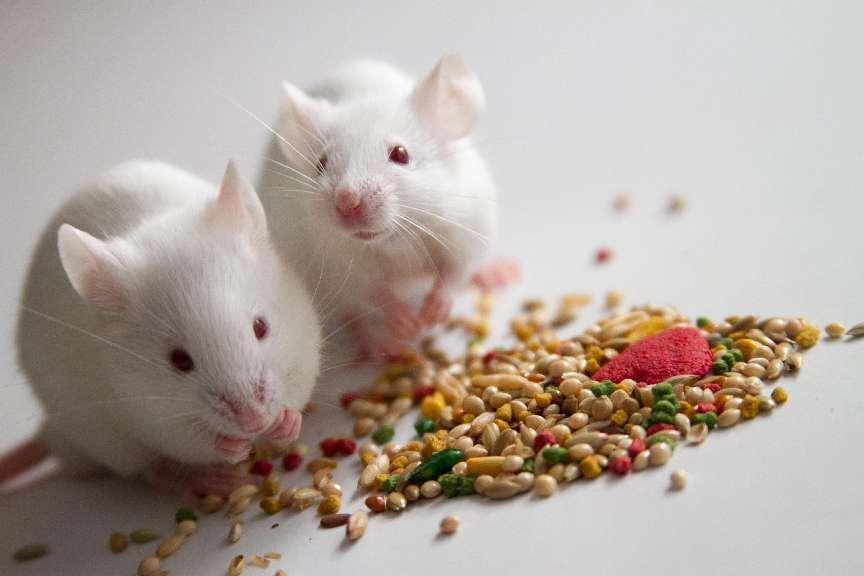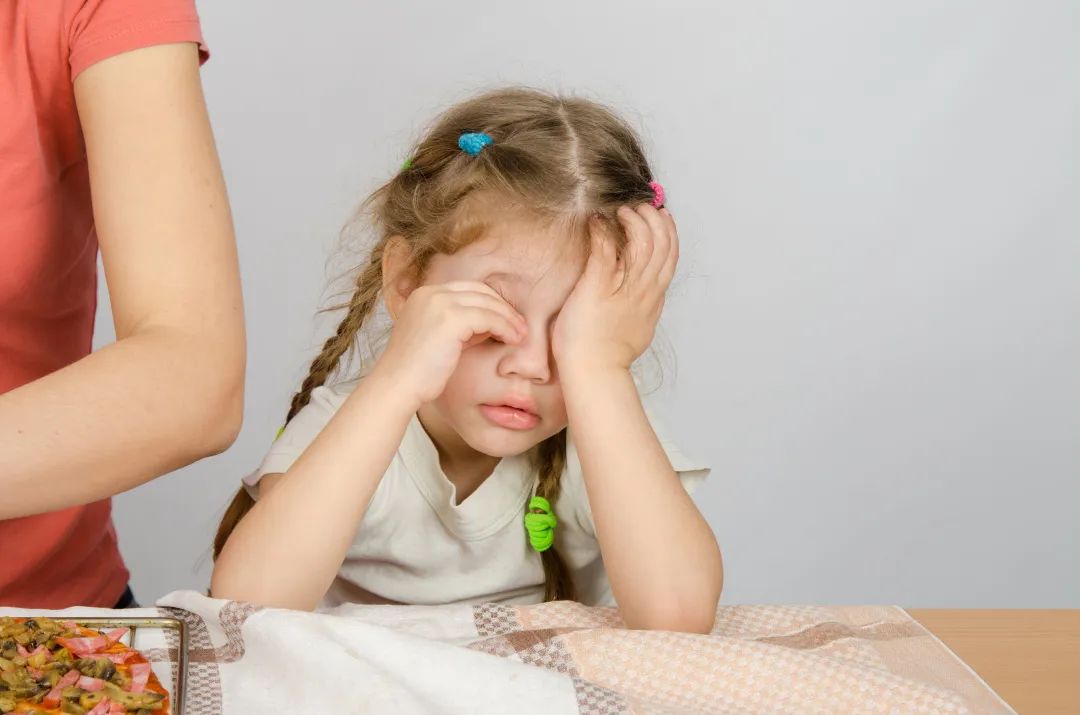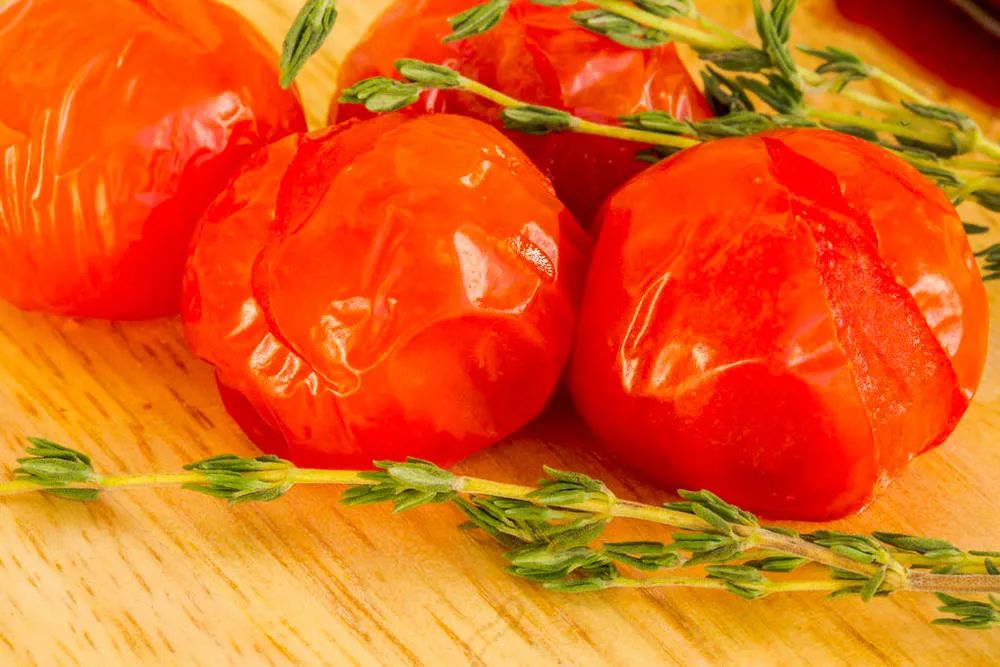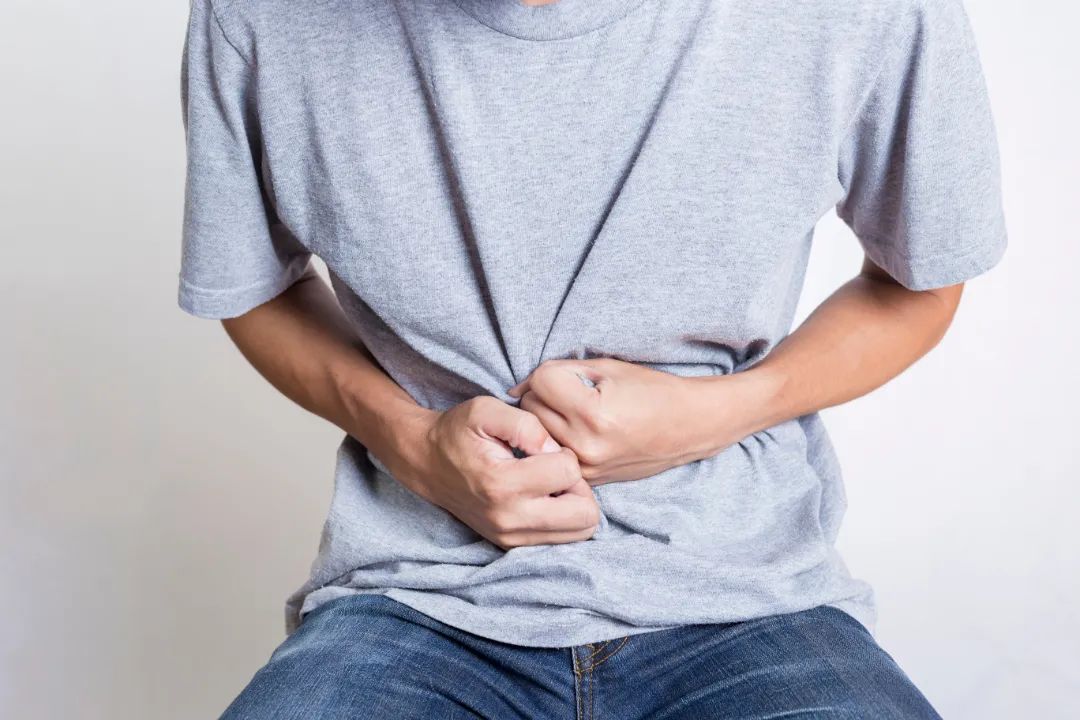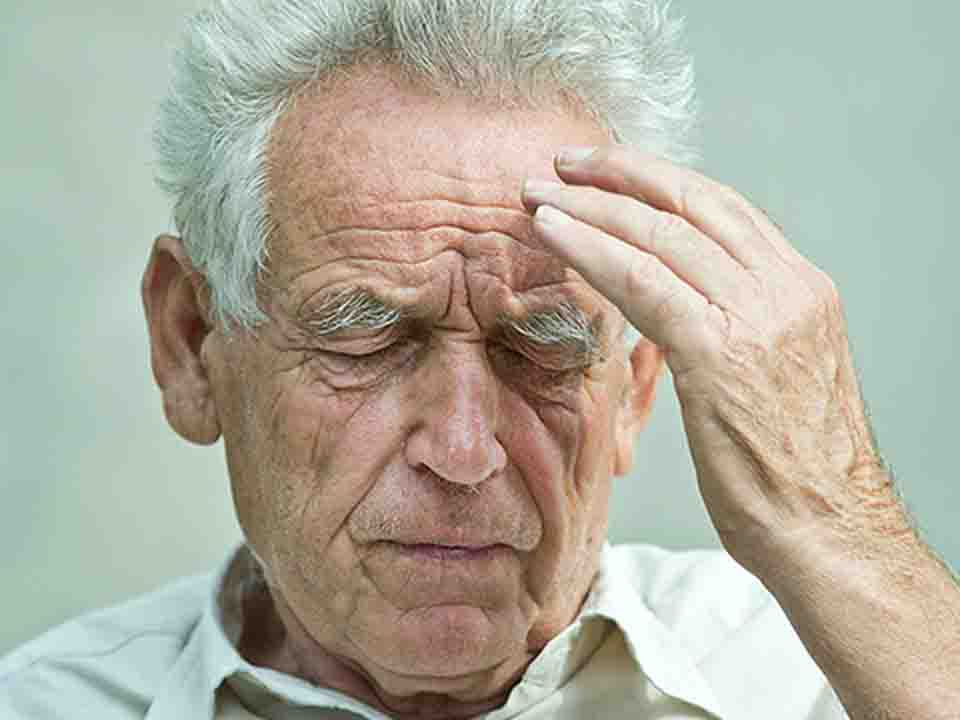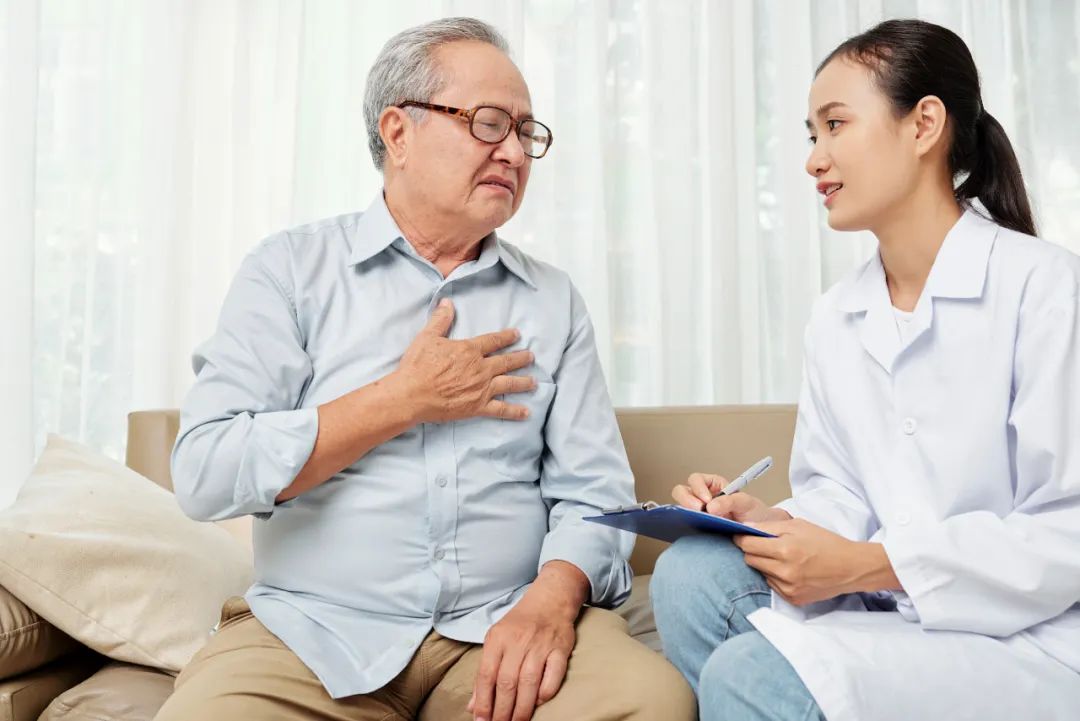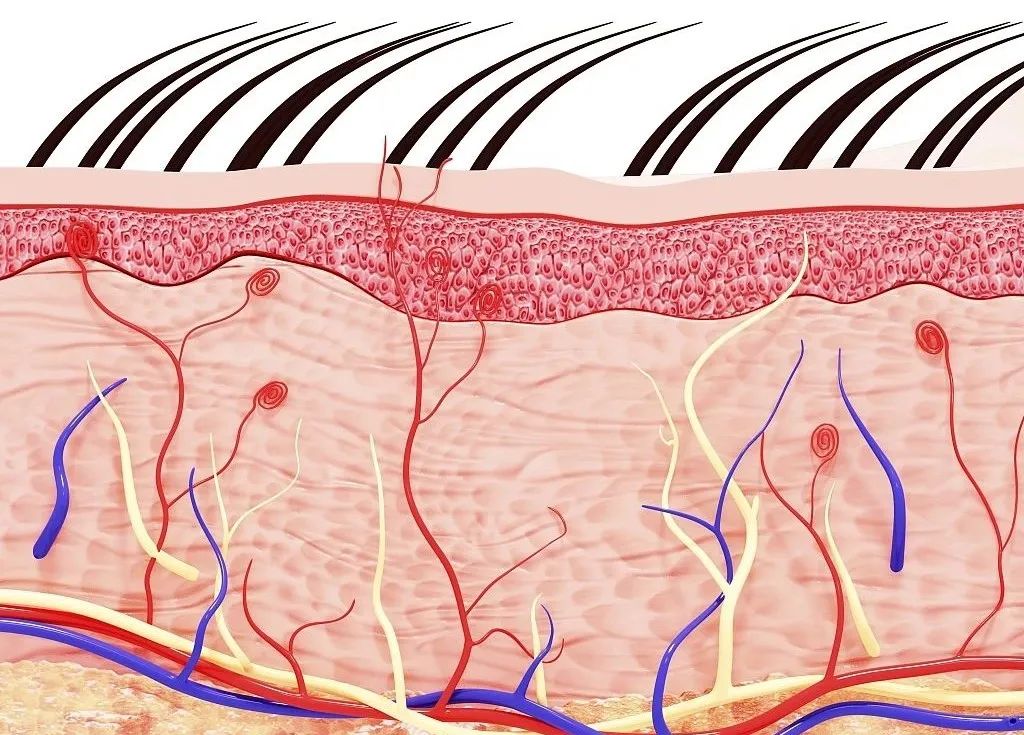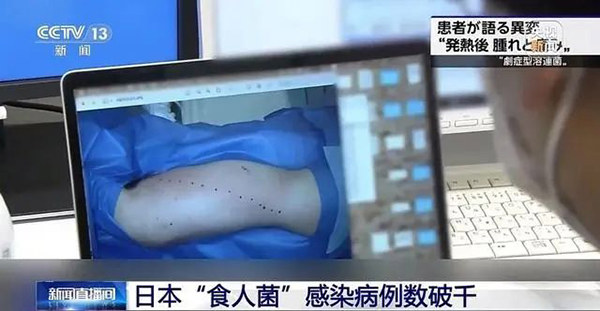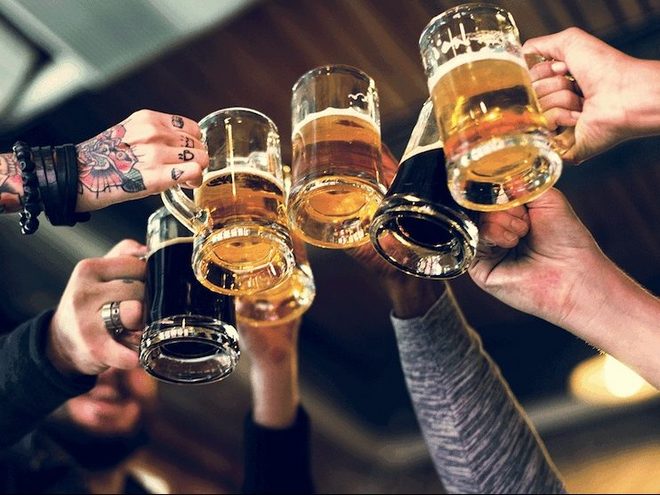
So, drinking alcohol not only fails to keep you warm, but in cold weather, it can also intensify post-drinking chilliness. At this point, your resistance weakens, making it easier for viruses to strike, leading to the common cold.
Alcohol cannot fundamentally solve the problem of feeling cold, and excessive drinking in winter might even make you feel "colder." The frequent exchange of heat between the body's surface and the external environment takes away the body's own heat. Moreover, excessive alcohol can disrupt the body's temperature regulation, leading to excessive heat loss. Therefore, after the brief "fever" from drinking, you might start feeling colder and colder, what we often refer to as "feeling cold after drinking." If someone gets drunk alone and passes out in the cold outdoors during winter, it could have dire consequences if no one notices in time.


